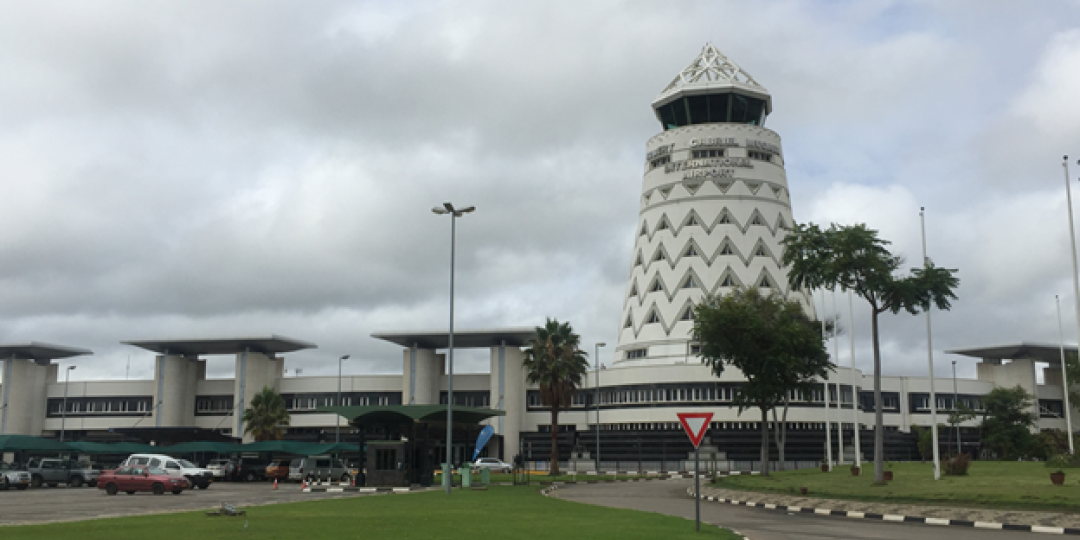Tourism players in Zimbabwe have not seen any impact on bookings following the outbreak of the coronavirus.
Zimbabwe has since introduced surveillance and precautionary measures at all its ports of entry to curb the spread of the virus.
Tourism Business Council of Zimbabwe President, Winnie Muchanyuka said tourist figures and forward bookings were in line with projections for the year. “Industry has not recorded cancellations that can be attributed to the coronavirus.”
She said the decision to charge cancellation fees was “purely an individual business decision” when the situation arose.
“It is our hope and expectation that tourists would have taken out travel insurance so that they would have recourse, should they face cancellation penalties,” Muchanyuka added.
Hospitality Association of Zimbabwe President, Clive Chinwada, agreed. “We have not had significant cancellations that are outside the normal cancellation policies and, as such, I am yet to hear of any complaints related to charges arising from cancellations caused by the virus.”
He said he was aware of global players who have waived cancellation fees from affected source markets.
“I am sure as an industry we would look at it as a collective if the issue warrants a collective response to protect its image,” Chinwada said.
According to the World Health Organization (WHO) situational report, issued last night (Thursday), there were still no confirmed coronavirus cases in Africa. The death toll has risen to 564 deaths and, worldwide there 28 276 confirmed cases (only 216 cases confirmed outside of China).
The WHO is convening a global research and innovation forum to mobilise international action in response to the new coronavirus (2019-nCoV).
"Harnessing the power of science is critical for bringing this outbreak under control," said WHO Director-General, Dr Tedros Adhanom Ghebreyesus. “There are questions we need answers to, and tools we need developed as quickly as possible.”
The forum, to be held from February 11-12 in Geneva, is organised in collaboration with the Global Research Collaboration for Infectious Disease Preparedness.






















